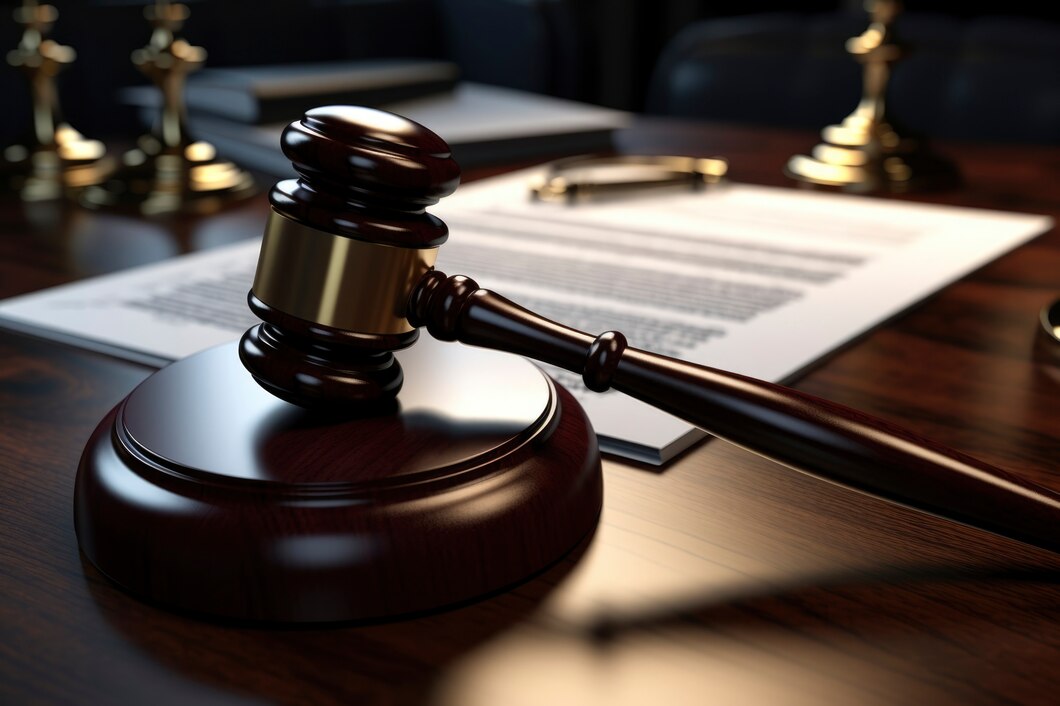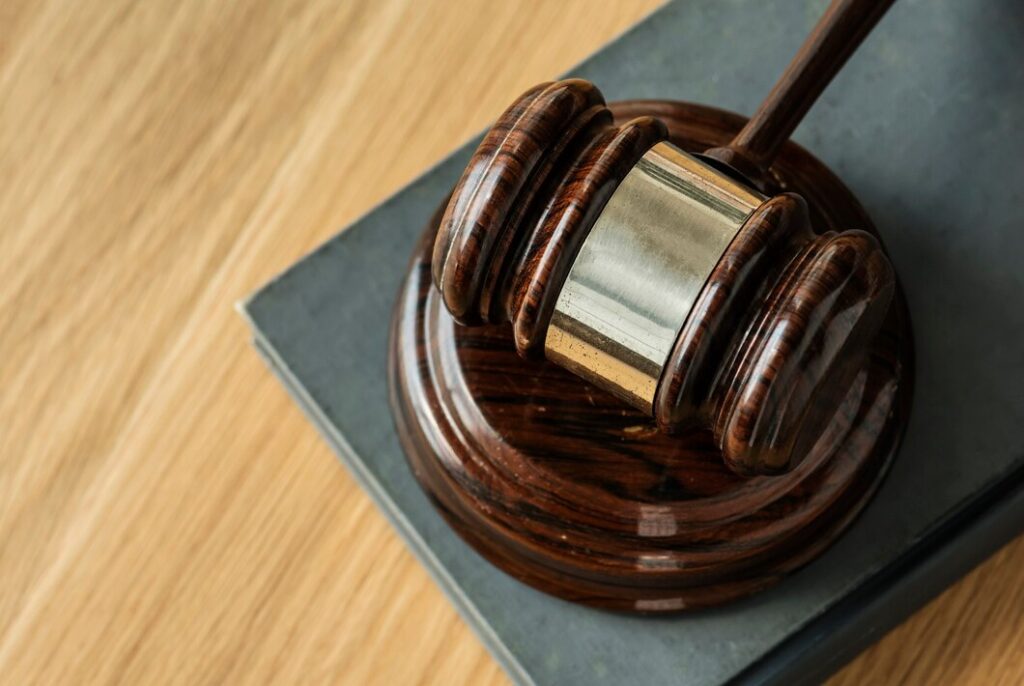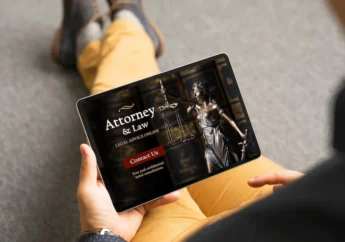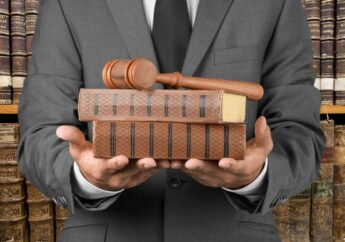Common Injury Cases In Florida: Beyond Car Accidents
by Abdul Aziz Mondal Legal 10 February 2024

Florida is no stranger to personal injury cases, given its large population and bustling tourism industry.
While car accidents are often the most common type of claim in this state, there are numerous other sources of personal injury in which the victim may seek compensation for losses due to another person’s negligence.
A personal injury case aims to hold those responsible for the injuries liable for their actions and can cover a wide range of situations beyond vehicular collisions.
Beyond car accidents, cases may arise from medical malpractice, workplace accidents, premises liability, and more critical incidents. In each of these cases, the core principle for seeking compensation remains the same – proving negligence from the responsible party and demonstrating the impact that the injury had on the victim’s life.
With proper legal representation, victims can navigate the complex process of filing a claim, gathering evidence, and negotiating a fair settlement to mitigate the financial, emotional, and physical repercussions of their injuries.
Navigating the legal landscape in Florida requires an understanding of the state’s personal injury laws and a thorough assessment of the damages incurred. Working with experienced attorneys can help streamline the process, ensuring that the victim’s rights are preserved and maximizing compensation.
Related: Tips For Filing A Lawsuit To Get Maximum Compensation For Auto Accident Settlement
Understanding Personal Injury Cases Beyond Auto Accidents

While car accidents contribute significantly to personal injury claims in Florida, it is essential to discuss other common causes of personal injuries. In this section, we will explore premises liability and slip and fall accidents, workplace accidents and workers’ compensation claims, and medical malpractice and healthcare negligence.
Premises Liability and Slip and Fall Accidents
Premises liability deals with injuries sustained on someone else’s property due to their negligence. In Florida, property owners have a duty of care to maintain a safe environment for visitors. Slip and fall accidents are a common type of premises liability claim, often occurring due to:
- Wet or slippery floors
- Poor lighting
- Uneven surfaces
- Obstructed walkways
To establish liability, the injured party must prove that the property owner was aware of the hazard, and had sufficient time to address it, but failed to do so.
Damages under Florida law may include medical expenses, lost wages, pain and suffering, and even punitive damages in some cases. However, Florida’s comparative negligence standard applies, meaning the injured party’s compensation may be reduced proportionally if they are partially responsible for such accidents.
Workplace Accidents and Workers’ Compensation Claims
Workplace accidents are another leading cause of personal injury claims in Florida. In most cases, injured employees can file a workers’ compensation claim to cover medical expenses and lost wages.
Common workplace accidents include:
- Falls from heights
- Machinery-related injuries
- Vehicle accidents
- Electrocutions or burns
- Repetitive stress injuries
Under Florida law, most employers are required to carry workers’ compensation insurance. It is a no-fault system, meaning that benefits can be obtained regardless of negligence. The downside is that workers’ compensation benefits usually do not cover pain and suffering, leaving the injured employee with limited recourse.
Medical Malpractice and Healthcare Negligence
Medical malpractice occurs when a healthcare professional fails to provide the standard of care that a reasonably cautious professional would exercise in a similar situation, resulting in harm or injury.
Healthcare negligence can manifest in various forms:
- Misdiagnosis or delayed diagnosis
- Surgical errors
- Medication errors
- Anesthesia errors
- Inadequate aftercare or follow-up
Proving medical malpractice can be challenging, as it requires demonstrating that the healthcare professional’s conduct caused harm to the patient. In Florida, there is a statute of limitations on medical malpractice claims, typically two years from the date of the incident or when it was reasonably discovered. Due to the complexity of these cases, it is vital to consult with a qualified personal injury attorney to navigate the legal process and recover the deserved compensation.
Legal Aspects And The Path To Compensation

Navigating The Legal Process In Florida
When it comes to personal injury cases in Florida, a Personal Injury Lawsuit is filed when an injured person seeks compensation from the liable party for damages suffered. Florida follows the rule of Pure Comparative Negligence, which indicates that even if the party who is injured is partially responsible for the accident, they can still recover compensation. However, the award will be lowered based on their fault percentage.
Injured individuals can seek two main types of damages under Florida Personal Injury Law: economic damages as well as non-economic damages. Economic damages cover objective financial losses, like lost wages and medical bills. On the other hand, non-financial damages compensate for more subjective losses like pain and suffering. In some cases, punitive damages may also be awarded as punishment for the defendant’s particularly reprehensible conduct.
Personal Injury Claims in Florida typically involve navigating through the state’s insurance system. An injured person initially files a claim with their own insurance company, which in turn will coordinate with the at-fault party’s insurance. The claim process can be complex, and having knowledgeable Personal Injury Lawyers by your side can make a significant difference in the outcome.
The Role Of A Personal Injury Attorney In Your Case
Retaining legal counsel for your case is crucial in order to navigate the complicated legal process and to ensure fair compensation. The personal injury lawyer primarily serves as a liaison between the injured party and the insurance company. The attorney will handle all communication with the insurance company, preventing any inadvertent damaging admissions on the injured person’s part.
Moreover, if negotiations with the insurance company reach an impasse, the personal injury lawyer will represent the client in court. An experienced attorney can effectively present evidence, call upon expert witnesses, and deliver compelling arguments on their client’s behalf.
Having a skilled personal injury attorney elevates your chances of achieving the best possible outcome for your case. Whether it’s negotiating with the insurance company or advocating on your behalf in a trial, their knowledge of Florida Personal Injury Law and familiarity with the legal system will help to secure compensation for your injuries, pain, and suffering, as well as the medical care necessary for recovery.
In Conclusion,
While car accidents are the most common type of personal injury cases in Florida, other common injury cases include medical malpractice, slip and fall incidents, and dangerous products. Medical malpractice encompasses a wide range of injuries and complications caused by healthcare providers. Some examples include birth injuries, misdiagnoses, and surgical errors.
In Florida, individuals who have experienced medical negligence may pursue compensation for their emotional, physical, and financial suffering. Florida Personal Injury Law highlights the importance of understanding the state’s no-fault insurance system for car accidents and how different legal principles apply to other cases.
Slip and fall incidents usually occur due to negligence on the property owner’s part. These cases can involve damages caused by wet floors, uneven surfaces, or poorly lit areas where pedestrians are at risk of injury. Victims of such incidents are entitled to compensation for their injuries as long as they can prove the property owner’s negligence. Slip and Fall Incidents is a valuable resource for understanding the intricacies of these cases.
Read Also:



































































































